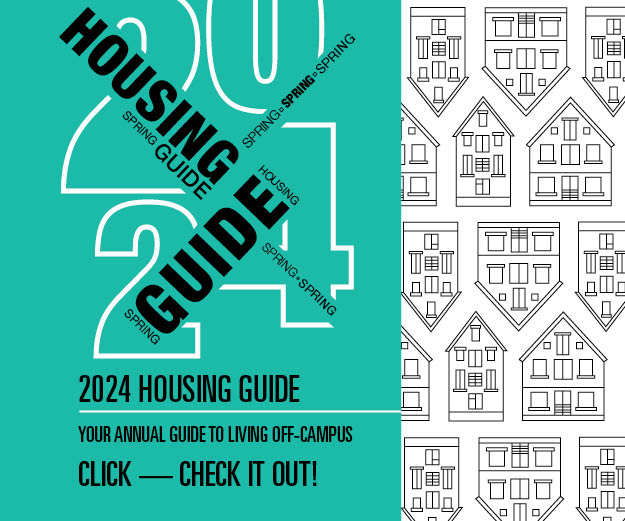In an eclectic combination of haiku, observations, poetic transcriptions and interviews, “Real Women Run: Running as Feminist Embodiment” is Sandra Faulkner’s way of creating her own unique kind of cultural study.
“I’m finally doing the research project I’ve thought about for years … I’m running towards the feminist ethnographer I want to be,” Faulkner said as she began a presentation of her soon-to-be-released book on Friday.
This presentation is the second of the University’s three speaking events in The Women’s Center Women’s Research Network speaker series, which looks to showcase female faculty members who have recently published books. Faulkner’s book will be released in February and is her eighth book.
Some of the topics talked about in “Real Women Run” include reasons why women run, the sociocultural influences on women who run and the feminist theory Faulkner used to define what makes someone a runner.
Why Women Run
Faulkner compiled a list of key reasons why women run based on interviews with 41 women runners ranging from 25 to 56 years old. The overarching stories behind how these women started running are as follows: health, accountability, relational practice, safety and danger, as well as for their bodies, for expansion and for self-definition.
Structured as poetic transcription, Faulkner read specific accounts of those she interviewed to get to the root of why they ran:
“I run because I’m competitive. Because I’m a marathon maniac. To relieve stress. To meditate. To feel strong. I ran because I was an athlete. To have some control. To control chronic pain. To lose weight. For my health. For my kids. When my husband was deployed. I run to remember. To remember I can do hard things. To forget. To get over this divorce. To run away from handling violence. I run to change my life. … Running is cheap. Running is efficient. I run because that is who I am”
Sociocultural Influences and Feminism
The stereotypical runner’s body is another subject that Dr. Faulkner explored in her book. She discussed how “women’s running bodies are embedded in larger cultural discourse about appropriate ways of being,” which can often influence where and when they run.
“The overwhelming cultural image of a woman runner and the normative running body is … white, thin, straight, fast, feminine, middle-class and disciplined,” Faulkner said while explaining how important it is to acknowledge running bodies that do not fit into the current stereotypes.
Running “speaks to the idea of a more physical feminism.” It serves to help women evade the boundaries of stereotypical femininity while giving them self-determination and the power to resist “normative scripts,” according to Faulkner.
What Makes a Runner
Another question Real Women Run addresses is what makes someone a runner. Those Faulkner interviewed simply said running is what makes someone a runner.
Students and faculty attending the presentation seemed to agree.
“A runner is just someone who runs and wants to run,” senior and communications student Heather Youngpeter said.
“I think it’s a mindset. If you want to be a runner, you can be a runner. And I think a lot of what the data pointed out is everybody had a different definition, so it’s what it means to you to get out there and just run at whatever level,” Vikki Krane, professor in the school of human movement, sport and leisure studies and former runner, said in agreement with the information presented in “Real Women Run.”





















